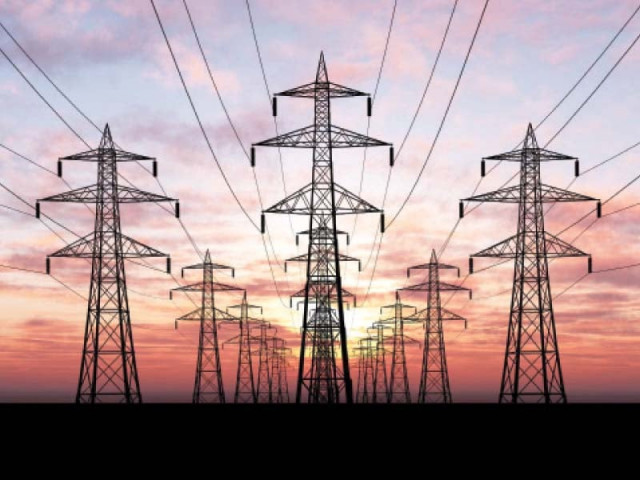NEPRA approves Rs0.89 per unit hike in tariff
Increase comes on account of monthly fuel charges adjustment for January 2021

The National Electric Power Regulatory Authority (Nepra) allowed the power distribution companies, except for K-Electric, to charge consumers an extra Rs0.8954 per unit on account of monthly fuel charges adjustment (FCA) for January 2021.
The power distribution companies would collect the amount from consumers in March 2021 bills. The hike was allowed as the consumers were charged less in January against the cost of power generation. After the increase, the distribution companies will receive an additional Rs6.9 billion from the consumers.
The tariff increase will not be applicable to K-Electric due to it being a privatised company.
The Central Power Purchasing Agency-Guarantee (CPPA-G), on behalf of the distribution companies, had sought permission to charge Rs0.9270 per unit, which would have had an impact of Rs7.1 billion. The regulator held a public hearing on February 25 to take decision.
On Tuesday, Nepra notified its final decision and permitted distribution companies to collect Rs0.8954 per kilowatt-hour (kWh) from all consumer categories, except for lifeline consumers (consuming up to 50 units per month).
Keeping in view the data provided by CPPA-G, the regulator noted that fuel cost of certain power plants had not been claimed by CPPA-G as per the authority’s approved rates.
Accordingly, the same has been adjusted downwards in line with the authority’s approved rates for January 2021.
CPPA-G also claimed Rs3.31 billion on account of previous adjustments for January 2021. However, the authority put the same at Rs3.1 billion, which was included in the monthly FCA for January 2021.
During the hearing, Nepra observed that, prima facie, certain efficient power plants were not fully utilised and instead energy from costlier residual fuel oil (RFO)/ high-speed diesel (HSD)-based power plants was generated to the tune of over Rs12.9 billion during January 2021.
The authority has repeatedly directed National Power Construction Corporation (NPCC)/ National Transmission and Despatch Company (NTDC) and CPPA-G to provide complete justification to the satisfaction of the authority and submit complete details of deviation from the economic merit order (EMO), showing hourly generation along with the financial impact, if any, and the reasons, thereof.
Published in The Express Tribune, March 10th, 2021.
Like Business on Facebook, follow @TribuneBiz on Twitter to stay informed and join in the conversation.


1733130350-0/Untitled-design-(76)1733130350-0-208x130.webp)















COMMENTS
Comments are moderated and generally will be posted if they are on-topic and not abusive.
For more information, please see our Comments FAQ